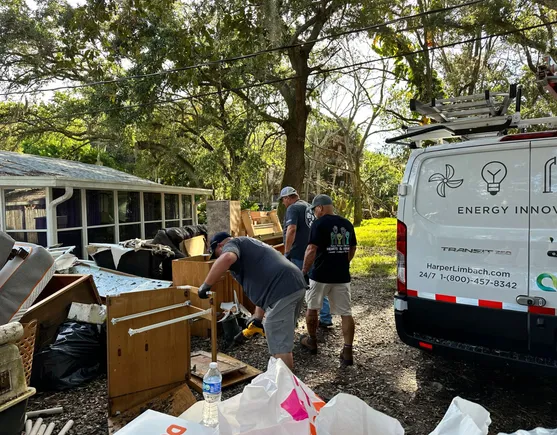The corporate DEI landscape is ever-changing — rapidly so, when you check the headlines. But according to the Congressional Black Caucus, the Fortune 500 stands pretty still when it comes to its DEI commitments.
The caucus on Monday released what it called a “first-of-its-kind” report outlining this, and it could perhaps offer a blueprint for other businesses looking to reassess their DEI initiatives.
CBC’s approach to accountability
Similar to other corporate scoring systems, the Congressional Black Caucus graded companies on a set of criteria. The group in January asked employers questions such as:
- How is senior leadership accountable for advancing DEI and meeting overall company commitments?
- Is this company achieving high scores on its culture and engagement surveys across each demographic group?
- Are retention and turnover rates at, or close to, parity across demographic groups?
The rubric asked questions about collecting people-related data across different identity groups, as well as talent pipeline and promotion pipeline data points. C-suite and board of directors diversity also factored in; so did pay equity.
The accountability also goes back to a very concrete touchpoint: the murder of George Floyd. This is critical, the caucus outlines, because following Floyd’s death in May 2020, society “witnessed a nationwide response calling for long-overdue justice and accountability.” It highlighted the protests to end “cycles of violence against Black Americans that are perpetuated by systemic racism ingrained deeply in the United States.” The group also noted the outpouring of knowledge-sharing and company support at the time.
With that in mind, the rubric asked questions such as:
- Did your company make internal or external commitments in the wake of George Floyd’s murder in 2020?
- If yes, what progress has been made towards those commitments?
- What are you still working towards?
The congressional affinity group also asked survey-takers how it can help employers have “an even greater positive impact” in their efforts.
How to actually build inclusion into the business plan
Through multiple choice questions and write-in answers, the caucus determined a few best practices across the participating companies, most of which were in the manufacturing, finance and insurance, and information sectors.
Leader participation on inclusion councils and transparency around people data — both internally and externally — were held up as best practices. Something as small as putting inclusion-related questions in an annual engagement survey was found to be helpful.
Another recurring theme was opportunity. The report suggested companies could bolster inclusion by offering mentorship and internships to high school students and recruiting at historically Black colleges and universities, as well as other institutions dedicated to serving underrepresented people.
Naturally, pay equity was a point of discussion in the report, with the caucus pointing to annual pay equity audits as a gold standard practice that can help ensure opportunity is extended to every worker.
Of the 500 employers that responded to the caucus’ inquiries, 139 received a top score.
How to sustain DEI efforts long-term
In general, the group said consistent reporting — benchmarking, tracking progress — would be instrumental to advance racial and economic equity.
It also voiced support for engagement in an “ongoing dialogue” between corporate leaders as another method to achieve equity. Cross-industry and cross-geography knowledge-sharing, it said, “could help organizations accelerate and drive meaningful progress toward a more equitable and inclusive future.”






Leave a Reply